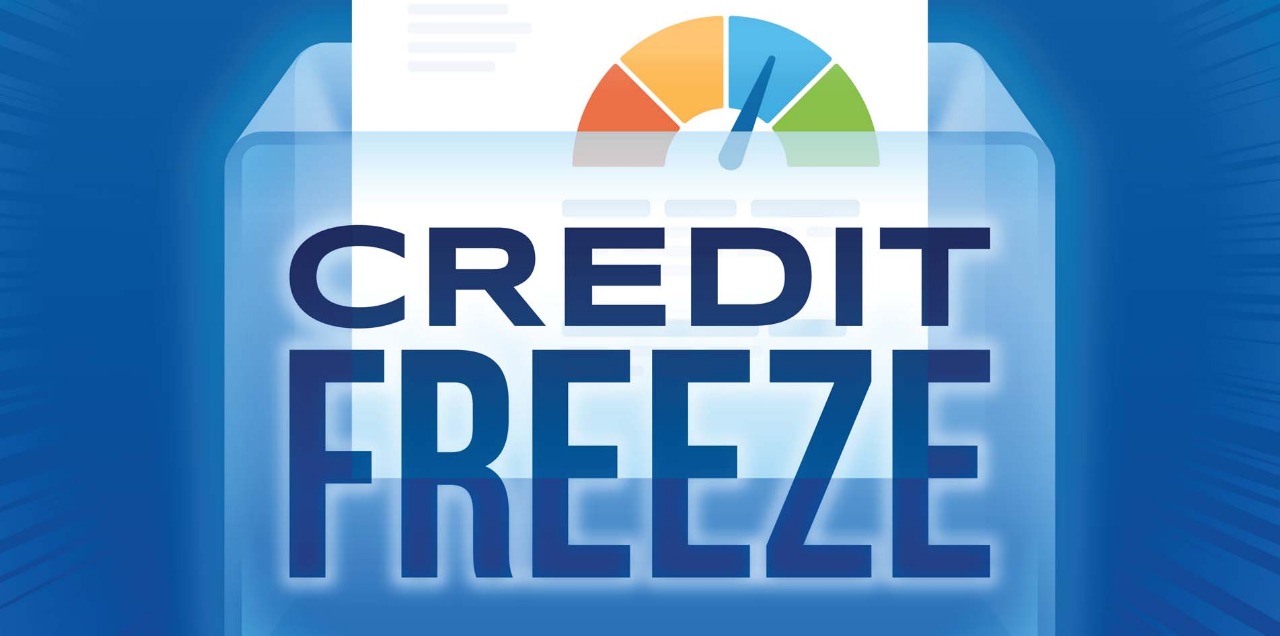You’ve probably heard about credit freezes, especially with all the news about data leaks and identity theft. But what does it actually mean to freeze your credit, and should you consider it?
Here’s the gist:
A credit freeze is basically a way to lock your credit report so that no one can access it without your say-so. If someone tries to open a new credit card or loan in your name, lenders won’t be able to check your credit, and the application will get blocked. This is a simple but powerful way to stop identity thieves in their tracks.
If you’re worried about your personal information getting into the wrong hands, freezing your credit is a smart move. It doesn’t affect your credit score, and you can still use your existing credit cards and loans like normal. The freeze just stops new accounts from being opened in your name.
Setting up a credit freeze is free and pretty straightforward. You’ll need to contact each of the main credit bureaus (like TransUnion CIBIL, Equifax, and Experian) separately—either online, by phone, or by mail. If you want to apply for new credit later, you can “unfreeze” your report with a PIN or password.
The only real hassle is remembering to lift the freeze before you apply for something new. But for most people, that’s a small price to pay for peace of mind.
Source: USAGov, Moneycontrol, Equifax
